Sci-Fi Awards Controversy Leads To Resignations And Censures

Controversy surrounds the 2023 Hugo Awards, shaking the world of science fiction and fantasy, resulting in significant upheaval in the Worldcon Intellectual Property (WIP), the nonprofit organization responsible for the prestigious awards’ service marks. The development stems from accusations of censorship in the awards’ voting process. The allegations assert that several authors whose works were ruled “not eligible” for awards hosted in Chengdu, China, were deemed as such because their books could potentially offend the Chinese Communist Party.
The Hugo Awards Is Accused Of Caving To China
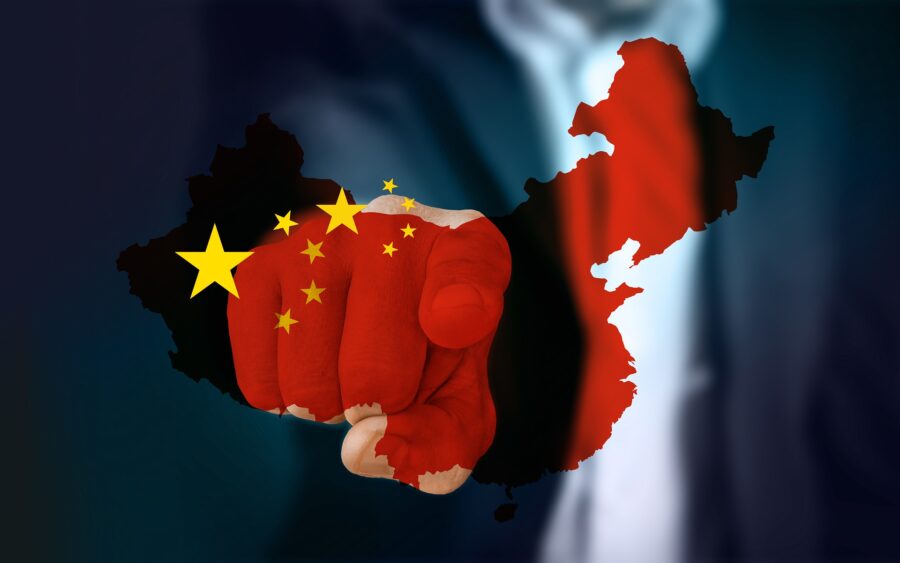
In the fallout of the ongoing controversy, two key leaders have resigned, while several others involved in the awards’ administration have been censored.
Dave McCarty (WIP director) and Kevin Standlee (its board chair) both stepped away from their positions following accusations of censorship in the Hugo Awards’ voting process. The protestations eventuating their departures stemmed from the questionable circumstances surrounding the “ineligibility” of certain books. Among those excluded was Babel by R.F. Kuang, a novel borrowing heavily from Chinese culture and history. Additionally, Chinese Canadian author Xiran Jay Zhao and writer Paul Weimer were prevented from nomination for the award.
Staff Have Been Targeted
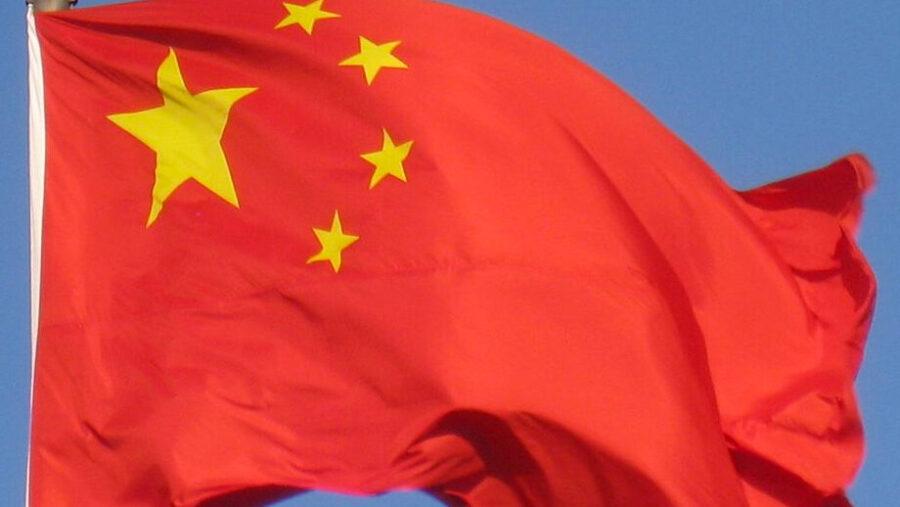
Their exclusions raised suspicion of state censorship or even self-censorship in light of the award’s location in CCP-dominated China, as well as the recent geopolitical strife regarding Taiwan.
The hotbed of controversy due to the 2023 Chinese Hugo Awards has resulted in an enormous staff shake-up at Worldcon. Employees Ben Shi and Ben Yalow faced censure due to their involvement in the Chengdu Worldcon’s Hugo Administration Committee. Industry insiders furthermore noticed Yalow’s glaring absence from the 2024 Glasgow Worldcon committee and staff listings after the incident.
The Head Of The Hugo Awards Has Been Censured
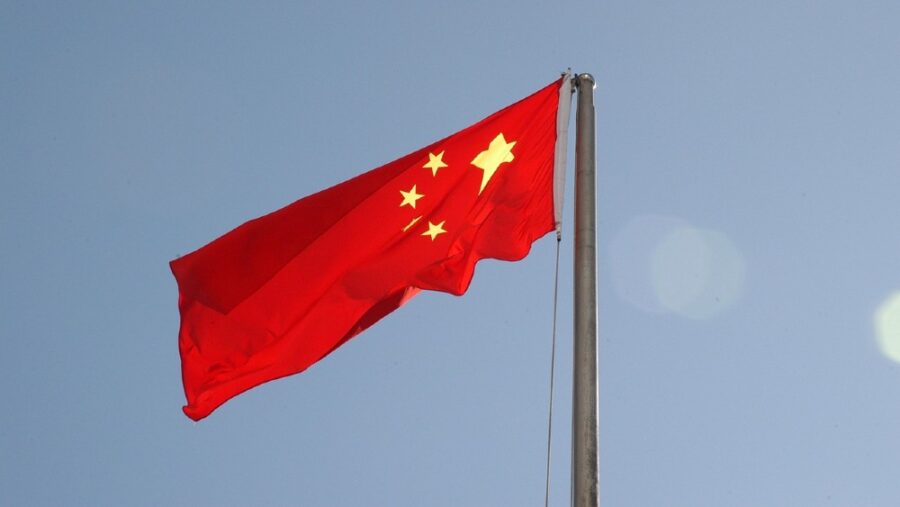
For his part, McCarty, who presided over the Hugo Administration Committee for the Chengdu Worldcon, endured censure for, in the words of Worldcon, “public comments that have led to harm of the goodwill and value of our marks and for actions.” Whereas Standlee took heat for speaking publicly in a way that, from Worldcon’s perspective, misleadingly implied impropriety in safeguarding the Hugo trademarks.
The Biggest Awards In Sci-Fi

Probably to preserve PR following the Hugo Awards debacle, WIP has publicly voiced its dedication and commitment to taking all complaints and allegations about the 2023 Hugo process seriously. WIP underscored the enormous import of the iconic award in the global sci-fi/fantasy community.
Awarded annually at the Worldcon event, whose host country varies year to year, the Hugos are perhaps the most esteemed honors in the genre. The award celebrates the year’s finest sci-fi and fantasy works; if you love a book in either of those genres—such as the Dune series, a film adaptation of which is streaming on Netflix now–chances are it won a Hugo Award.
Sci-Fi Makes Authoritarian Government The Villain
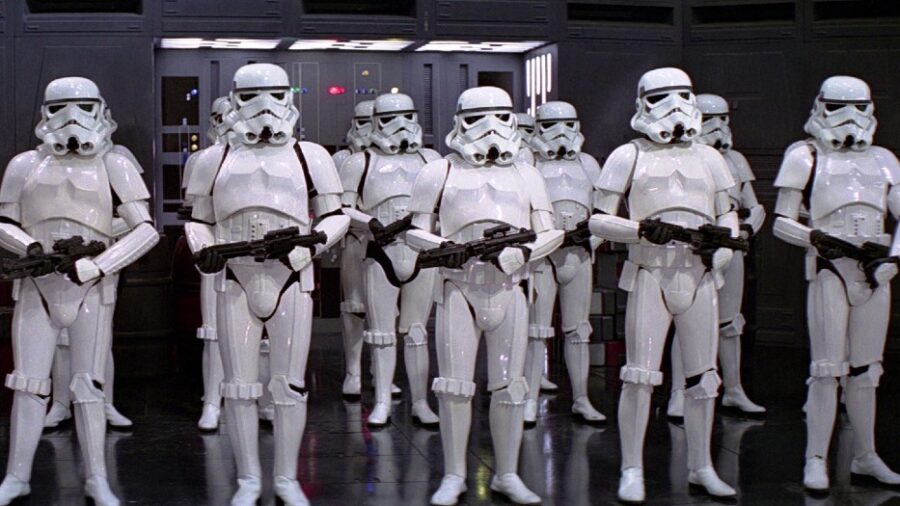
In addition to personal consequences for those mentioned above, the controversy sparked a worldwide discussion within the sci-fi and fantasy community about the transparency, eligibility criteria, and the influence of external pressures on artistic freedom. Obviously and notably, the genres in question (especially sci-fi) often involve politics—whether in Fahrenheit 451 or 1984.
Thus, censorship in the name of adhering to political orthodoxy strikes many as problematic.
Sweeping Changes For 2024
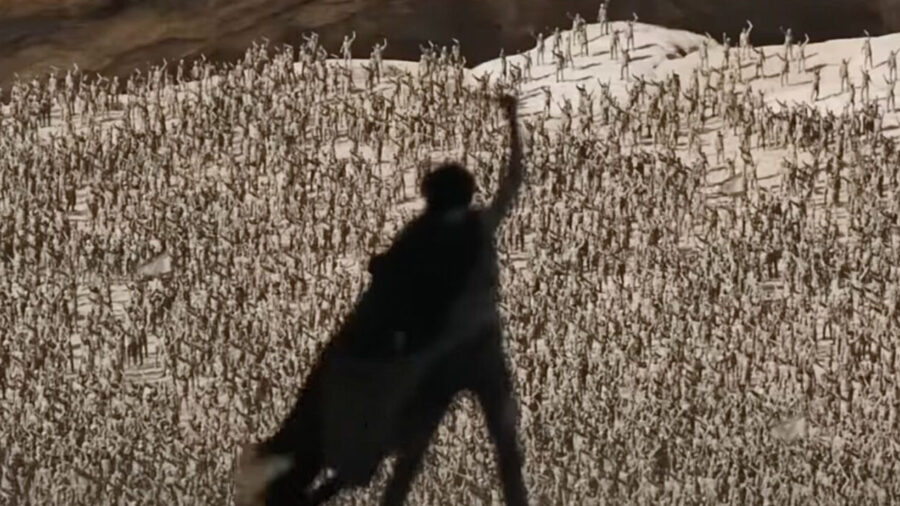
Understandably, the organizers of Glasgow Worldcon are already endeavoring to distance themselves from the Chengdu committee’s decisions. They have assured total transparency in the 2024 Hugo Awards voting process—including the publication of reasons for disqualifications or withdrawals.
Also, WIP chose Don Eastlake as the new WIP board chair, marking a new chapter for the organization, which seeks to restore trust and integrity to the Hugo Awards.
Hopefully, sci-fi and fantasy authors—as well as their fans—consider this a positive development.













